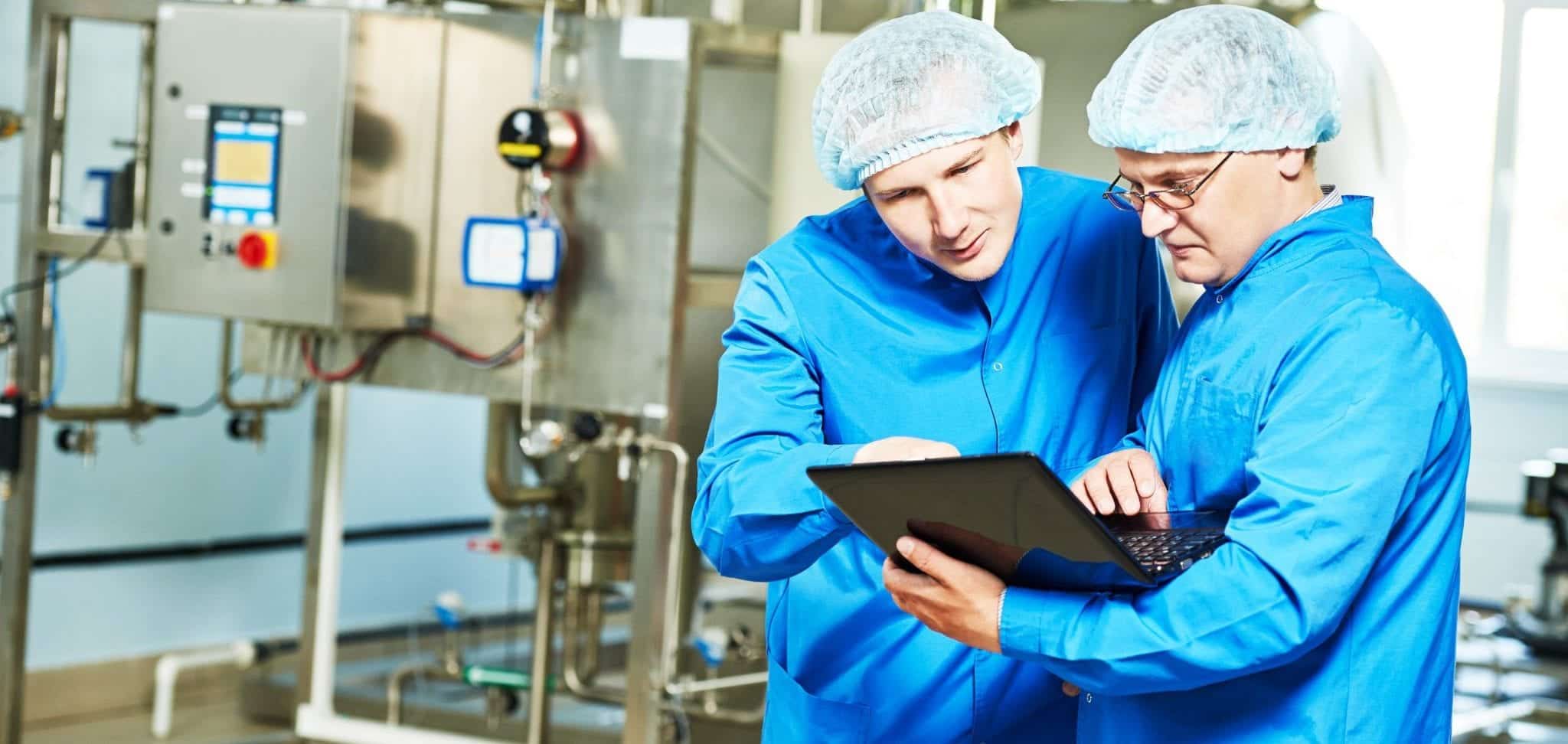Silicones are vital to multiple segments of today’s economy, including aerospace, electronics, construction, nautical, and in the creation of goods like cooking utensils, insulation, sealants, and adhesives. The medical industry alone relies heavily on using this colorless and rubber-like collection of substances to create life-saving medical tools and applications.
Medical equipment development specialists and other industry experts search for the best materials to make the safest medical tools for the industry to save and protect the lives of patients and medical personnel while also promoting immediate and long-term healing. Selecting high-quality material for critical medical applications can be challenging. Precision is something that cannot be compromised when it comes to medical equipment. And one such material frequently used in creating essential medical items is silicone.
Silicone boasts an unusual molecular structure, making it highly resistant to heat in comparison with other elastomers along with a myriad of other benefits.
Why is silicon a superior material when it comes to medical manufacturing? Take a look at the advantages of silicone applications in the medical industry.
1. Compatibility With Bodily Fluids
Since many medical tools, such as surgical instruments, come into contact with human tissue and bodily fluids, any connective elements must be safe. Healthline shares that silicone, made in a lab, consists of various chemicals, including silicon (a naturally occurring element), oxygen, carbon, and hydrogen.
Generally produced as a flexible plastic or liquid substance, silicone is most frequently used for medical, cooking, and electrical purposes, which shows it is often used with human skin, tissue, and fluids. As long as manufacturers create a safe containment vessel for medical professionals to use silicone in or near the human body, it is secure. It has helped many patients experience cosmetic and prosthetic benefits without worry.
Here are some other places where medical and cosmetic manufacturers use silicone:
- Medical-grade seals
- Adhesives
- Lubricants
- Medical supplies and various implants
- Cookware and food containers
2. Strong and Tolerant Chemical Structure Stands Up to Varying Pressure Temperature Demands
When creating an o-ring for medical instruments, manufacturers need to grasp the environmental factors those o-ring-supported instruments need to withstand. Temperature and pressure concerns play a crucial role in the lifespan and functionality of a quality o-ring.
O-ring failure at excessively low temperatures might cause brittleness, shrinkage, loss of flexibility and reduced compression. Any of these results could further result in leaks in necessary medical instruments such as feeding devices or IV components.
O-ring failure at excessively high temperatures might cause hardening and loss of elasticity, swelling, permanent deformation and a change in volume and compression. Any of these conditions could lead to permanent changes in the gland of the o-ring and could lead to seal failure at critical times.
3. Malleable Enough to Inject into Molding
Silicone is highly regarded in the medical industry for its biofluid compatibility and safe properties when properly and securely molded into a needed form. Experts in the industry envision silicones and medical polymer architecture as driving components in facilitating many next-generation medical devices and implants, according to Medical Plastics News. Silicone manufacturers rely on three types of molding to insert the substance into forms:
- Injection molding
- Transfer molding
- Compression molding
4. Durability
Silicon is also a popular material in the medical industry for its durability. Durable medical equipment is necessary to keep expenses in check.
5. Impressive Sterilization Abilities
Quickly and effectively sterilizing medical equipment is essential to minimize the risk of spreading infections. Silicone, particularly Liquid Silicone Rubber (LSR), can be sterilized using a variety of methods. Silicone is a pure material in comparison to other elastomers. It’s highly resistant to bacterial growth, chemicals, oxidation, and water. Furthermore, it’s also resistant to mold and mildew, making it a suitable material to keep in contact with the skin without any adverse reactions.
Medical Manufacturing Is Not Slowing Down
Since medical manufacturing is showing no signs of slowing down when it comes to cosmetics, prosthetics, or anything else, the need for silicone remains high. It is essential to work with an o-ring and molding manufacturer that understand the safety needs and nuances for medical instruments, tools, and applications in the medical industry.
Pharmaceutical male workers in water preparation production line -DepositPhotos


